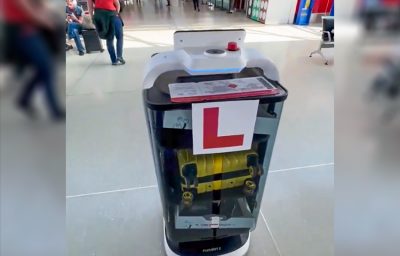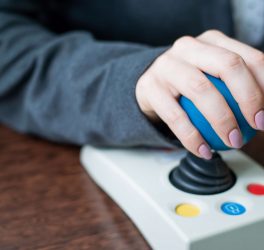
Partial sight has been restored to six blind people through an implant that transmits images from a camera directly to the brain, reports The Independent.
In a study by a US team of specialists, electrodes implanted in the brain’s visual cortex received footage from a video camera mounted on glasses, enabling participants to experience some level of vision where none had previously been possible.
The technology entirely bypasses both the eye and the optic nerve which normally transmits sensory information to the brain.
However, the technology has not been proven to provide any level of sight for those born blind.
The team comprising specialists from Baylor Medical College in Texas and the University of California, asked participants, each of who have been completely blind for years, o look at a blacked out computer screen and identify a white square appearing randomly at different locations on the monitor.








